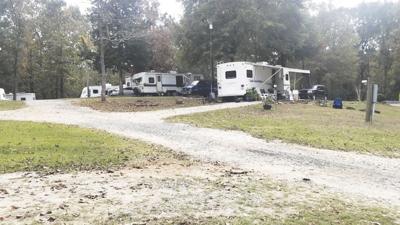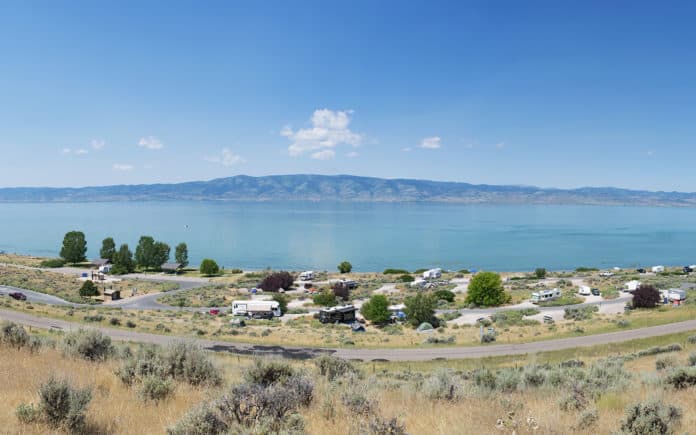The Monroe County Board of Commissioners has unanimously approved updated regulations for recreational vehicle (RV) parks within the county’s new Unified Development Ordinance (UDO). The changes establish several minimum standards that existing and future RV parks must meet. Parks will need to be at least 25 acres, have 10 or more RV sites, provide proper utility hookups, have graveled or paved driveways, and designate RV spaces. Park owners will also be required to pay an annual $250 fee per RV site to the county starting in 2024. This will help…
Category: Best Practices
States Target Non-Residents with Higher Fees
As the popularity of camping continues to grow, some states have passed laws imposing limits on non-residents and reducing the percentage of campground sites available for advanced reservation in state parks. Other states are levying punitive fee hikes on out-of-state campers, ostensibly to create more availability for resident campers. These laws are controversial, with some arguing that they are necessary to ensure residents have access to camping opportunities and preserve natural resources. In contrast, others see them as overly onerous, discriminatory and harmful to a state’s tourism economy. As RVtravel.com…
New Laws for Campground Owners
Florida is the latest state to contemplate liability shield laws for recreational activities and campgrounds. New legislation would urge people to camp at their own risk, shielding private campgrounds from liability claims. A Florida State Senate bill, SB 1054, and a correlated House bill, HB 1323, would limit claims against commercial campground facilities not situated on public lands. The legislation aims to shift the burden of responsibility to campers instead of the campgrounds, offering “civil liability protection for private campground owners and specified employees of private campgrounds for injury, death,…



